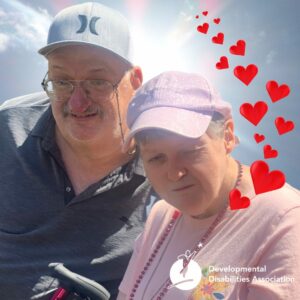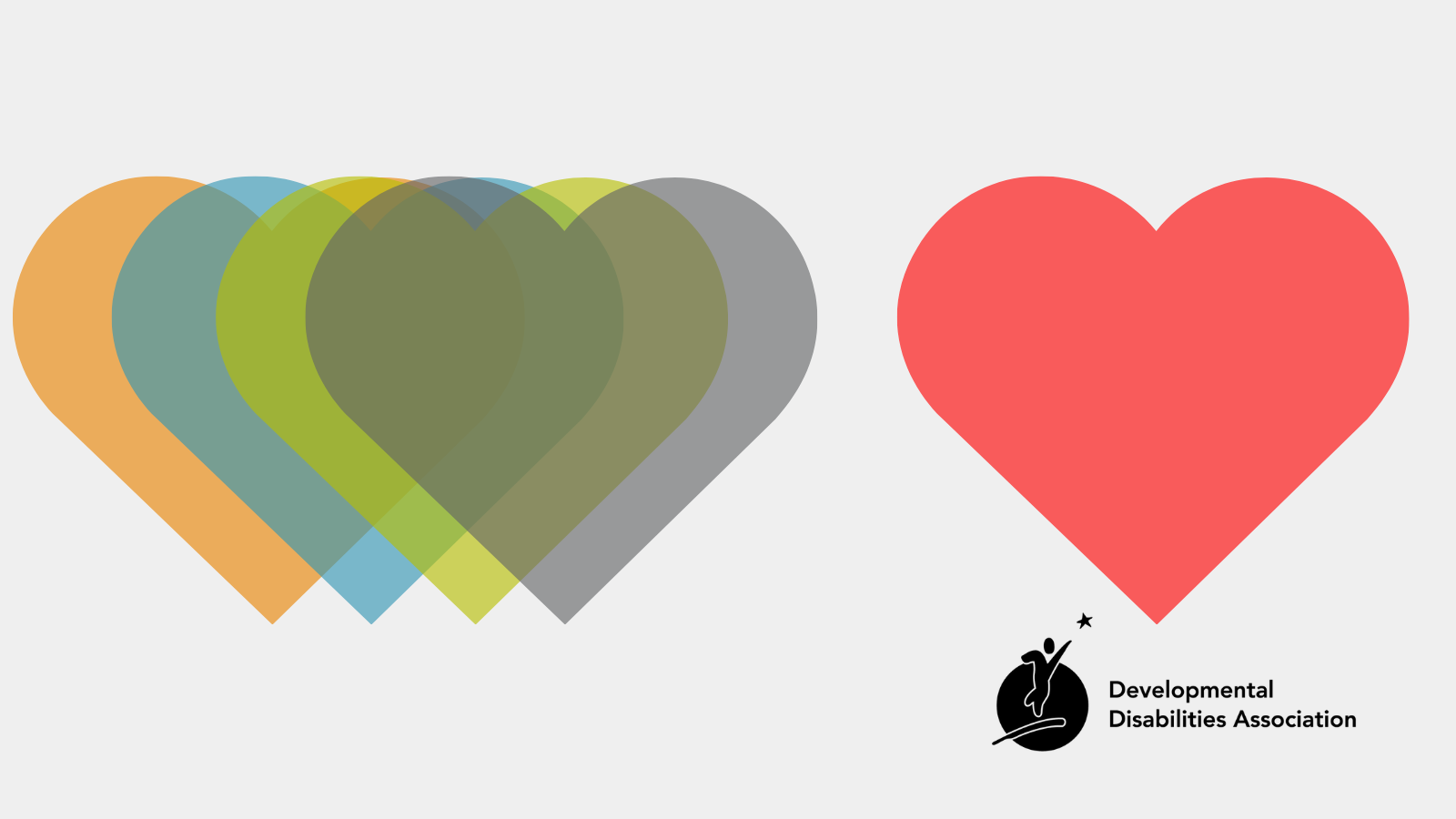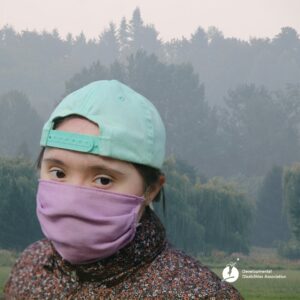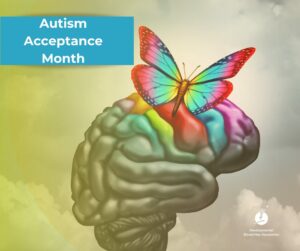Valentine’s Day, emphasizing love and relationships can be a beautiful celebration for many. However, for people with developmental disabilities and their caregivers, navigating this holiday might present some unique challenges. It’s essential to recognize these challenges while also highlighting how love and affection can be expressed and celebrated regardless of ability.
Many people with developmental disabilities face challenges in communication, which can affect their ability to express affection or understand the concept of Valentine’s Day. Building and maintaining relationships can be more complex for individuals with developmental disabilities due to social skill deficits, making traditional Valentine’s Day activities like romantic dates or exchanging cards challenging. And that, of course, is not to say that people with IDD cannot experience true romantic love, many do, and successfully at that. DDA residents Doug and Tracey, in the picture below, have been a couple for 35 years. We see and feel that success firsthand. And Hollywood recognizes this too, with the popular Netflix series, Love on the Spectrum.

That said, Valentine’s Day doesn’t have to be exclusively romantic and celebrated between two people. We can emphasize the celebration of friendship by encouraging individuals with developmental disabilities to exchange cards or small gifts with friends, family, or classmates.
Recognize and respect individual preferences and comfort levels when planning Valentine’s Day activities. Some may enjoy quiet, one-on-one celebrations, while others may prefer group gatherings or sensory-friendly events. Sensory processing issues are common among individuals with developmental disabilities, and the sensory overload associated with crowded, noisy Valentine’s Day events may be overwhelming. Explore alternative ways to express love and affection that align with the individual’s interests and abilities, such as creating art, listening to music, or spending quality time together engaged in shared activities.
Let’s not forget about caregivers on special days like Valentine’s Day. Caregivers of people with developmental disabilities often face increased stress and responsibilities. Offer support by providing respite care (which DDA can help with) or create time for self-care and relaxation. Connect them with local support groups, online forums, or organizations specializing in developmental disabilities to access valuable resources, information, and peer support.
Valentine’s Day is a time to celebrate love and affection in all its forms, and individuals with developmental disabilities deserve to participate in this celebration in ways that are meaningful and inclusive. By understanding the challenges they may encounter, embracing inclusivity, and providing support to caregivers, we can ensure that Valentine’s Day becomes a joyous occasion for everyone, regardless of ability.



